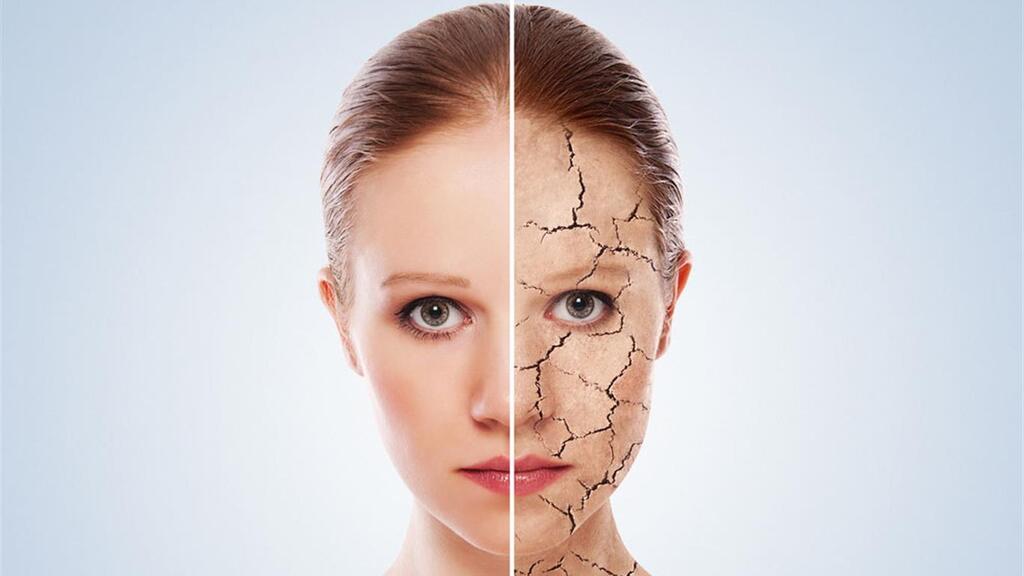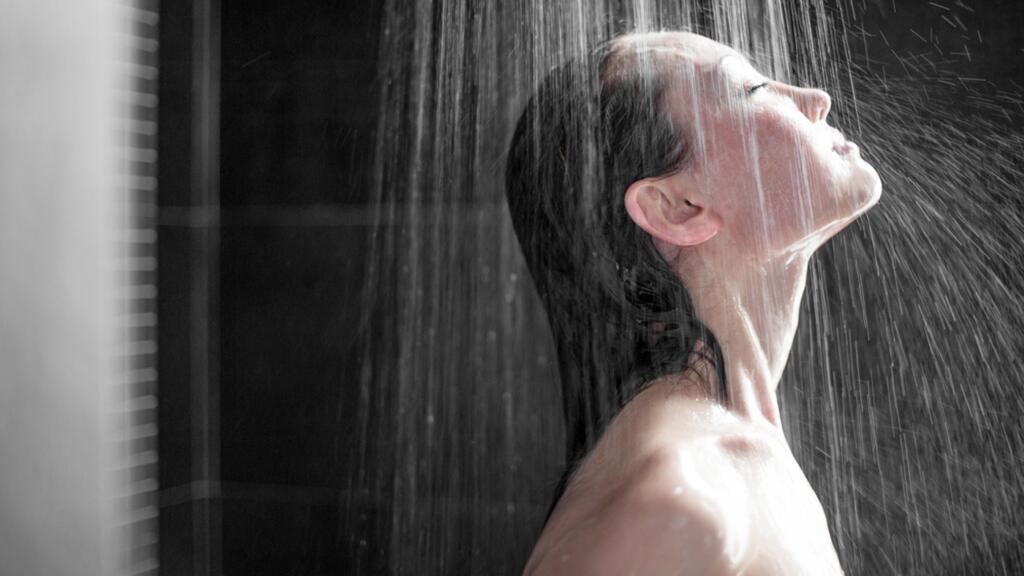Getting your Trinity Audio player ready...
This is the season when everyone feels the itch, largely due to dryness. The air is dry, the skin is dry, and the recent switch to daylight saving time doesn’t help. While winter isn’t fully here yet, temperature shifts are already having an effect.
"Skin dryness, and worsening of it, is directly linked to various skin conditions,” explains Dr. Sivan Mercer, a dermatologist and aesthetics and laser specialist. "For those with preexisting skin issues like psoriasis, atopic dermatitis, extreme lip dryness, acne, seborrhea, and dandruff, the air's dryness will likely make their symptoms more severe."
According to Dr. Mercer, dry skin in winter is quite common, especially in Israel’s warm, sunny climate. "The transition from humid to dry air is noticeable," she says, noting that central Israel residents—accustomed to high humidity year-round—can feel it particularly. "Within days, temperatures drop, and even indoor air becomes drier, stripping moisture from the skin."
Home heating, such as air conditioning and heaters, adds to the dryness. "With frequent bathing, we often unknowingly strip away the skin’s natural oils, which serve as a protective barrier," Dr. Mercer notes. "With less moisture in the air, the skin struggles to rehydrate, creating a gap between its optimal state and what it can maintain during seasonal transitions."
Signs of dry skin and vulnerable areas
Dry skin can manifest as itching, which may lead to scratching and, in turn, infections. Conditions like flaky skin (caused by dead skin cell buildup), cracks (often on hands, feet, and lips), and unusual redness from inflammation are also common.
The most affected areas tend to be the face, especially the cheeks, nose, and forehead; the hands and fingers; and wrists. Like the face, hands are exposed year-round. Severe dryness can also affect the feet, particularly around the heels.
Recommended treatments for dry skin in children and adults
For dry skin, regular moisturizing is key—ideally every two hours or even more frequently in severe cases. Moisturizers containing hyaluronic acid, glycerin, olive or almond oil, and natural shea or cocoa butter are helpful. Limit shower time, avoid daily showers if possible, and opt for warm rather than hot water. Use gentle, fragrance-free soaps without parabens or detergents, and pat skin dry rather than rubbing it harshly.
Hydration from within
Drinking plenty of water is just as important, as hydrating the skin from the inside.
Special care for feet
For dry, cracked feet, a similar treatment applies. Consider seeing a skin care professional for severe dryness or cracks in your feet, especially if regular moisturizers aren’t sufficient.
Winter clothing tips for children
Children have more sensitive skin, so ensure they’re dressed warmly when temperatures drop. Avoid synthetic or mesh fabrics that block air circulation. Choose breathable cotton or linen instead, and remember gloves, scarves, and hats in colder areas.
Effects of direct heat on dry skin
Direct heat from heaters can worsen dryness, leading to cracking. Although it’s tempting to sit near a heater, such heat can dry out skin cells that are otherwise still healthy.
 Dr. Sivan Mercer
Dr. Sivan MercerFace care tips in winter
For the face, avoid rough exfoliants and use a gentle cleaning method appropriate for the colder season. Follow up with hydrating serums and a rich moisturizer. When outdoors, protect your face from the wind with a scarf.
Caring for lips
For very dry lips, apply a generous layer of a dedicated lip balm or ointment before bed. Keeping lips moisturized can prevent cold sores from reactivating, which can happen due to extreme dryness.
Year-round skin health tips
To keep skin in optimal condition:
- Drink plenty of water.
- Get adequate sleep, which supports the skin’s natural repair process.
- Protect skin from pollution; avoid smoking, which hinders collagen and elastin production.
- Maintain an active lifestyle to promote blood circulation.
- If dryness becomes severe, consult a dermatologist for specialized treatments. Staying aware of skin changes and adjusting care as needed—taking into account age, stress levels, and environmental factors—are essential.
- Dr. Sivan Mercer is a dermatologist and aesthetic and laser specialist with a clinic in Tel Aviv
Get the Ynetnews app on your smartphone:



